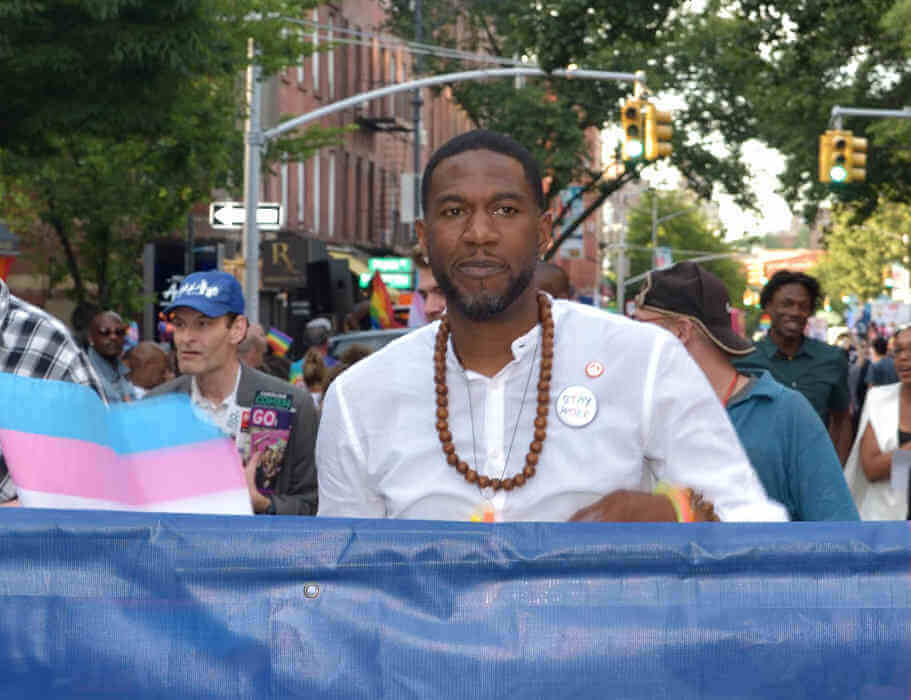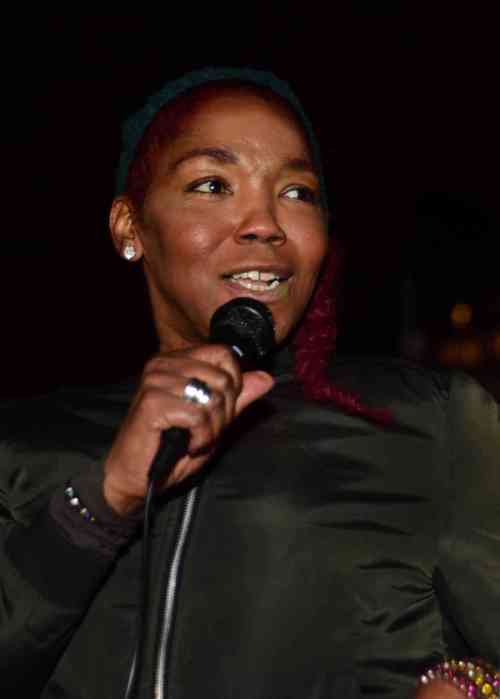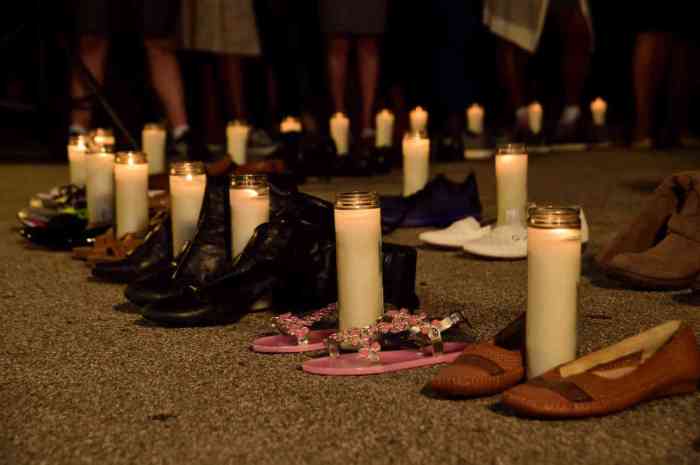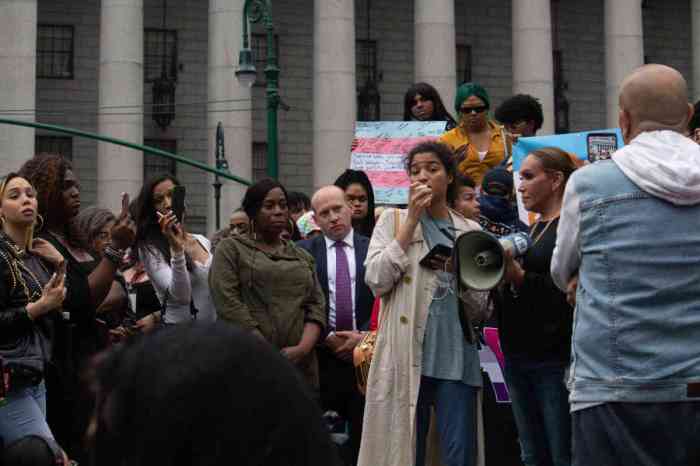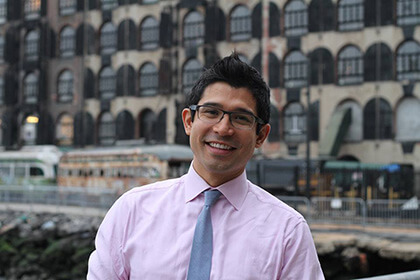Three years ago June 12, Omar Mateen entered the Pulse nightclub in Orlando, Florida, and killed 49 people as they celebrated, many of them members of the LGBTQ community in the midst of Pride month. Less than a year ago, 11 Jewish worshippers were killed in a Pennsylvania synagogue. Just under three months ago, a gunman murdered 51 at their mosque in Christchurch, New Zealand.
Mass shootings are a plague, in our country and around the world, but the infection is not random — it is targeted. Those targets are being placed on the most marginalized communities in our society, and as we mark the anniversary of the tragedy at Pulse and the triumph at Stonewall 50 years ago, it is time to confront gun violence as an issue of civil and human rights which acutely threatens the LGBTQ community.
Hate crimes, bias-motivated violence, have risen sharply in recent years, with the FBI finding a 17 percent increase from 2016 to 2017. Of those measured, more than 17 percent of attacks were targeted because of sexual orientation or gender identity. Transgender women of color are being killed in hate crimes at higher rates than nearly any other group of people in this country. This violence is not all in mass shootings like Pulse, but in personalized prejudice that leads to individual attacks that break hearts, but not news. Much of this violence involves a weapon, and while LGBTQ individuals are significantly less likely to use a gun themselves than the general population, they are more likely to face the violence that comes from our cultural obsession with firearms.
Often included in the statistics but left out of the conversation around gun violence are the 20,000 suicides by gunshot each year in America. LGBTQ individuals attempt suicide at significantly higher rates than the general population, though with many suffering in silence data can be difficult to collect in this area. These tragic deaths come as a result of the resources our system fails to provide and the hatred our society keeps in abundant supply. Here, the mental health crisis and failures to secure and expand LGBTQ rights trigger tragedy with the accessibility of guns in our country.
Confronting the gun violence epidemic and the hate that fuels it are inextricably linked. Broadly, gun violence is driven along two tracks — supply and demand. The supply is the amount of guns entering communities — an area where the federal government is firmly committed to inaction, but state by state some progress is being made. Civil rights groups have continued to demand change, including Gays Against Guns, who have increased calls for common sense gun reforms, but conservative governance on the federal level makes it as opposed to gun safety legislation as it is to anti-discrimination laws.
The demand refers to the penchant for violence in communities — which, in reference to attacks on the LGBTQ community, is an issue of festering bigotry that leads to open attacks. Legislation and government alone will not solve this, although increases in funding for and operations of programs and people on the ground are essential. It is also an issue of solidarity. When attacks are launched against the marginalized — because of gender, sexual orientation, race, religion, and more, we have an intersectional obligation to stand together in condemnation of hate and support of each others’ communities.
You cannot hate neatly, and so we all must come together, all historically marginalized communities, to defend each other — because if they come for one in the morning, they come for the rest at night. We need to show our city and nation that neither hate nor fear is welcome here, and that we stand united against bigotry in all its forms —because of race, color, creed, or community, because of who you worship or who you love. This month, as we celebrate Pride and mourn Pulse, we are called to increase our unified efforts to combat the prejudice and the plague that spreads with each shooting.
New York City Public Advocate Jumaane Williams previously served as a New York City Council member from Brooklyn.

